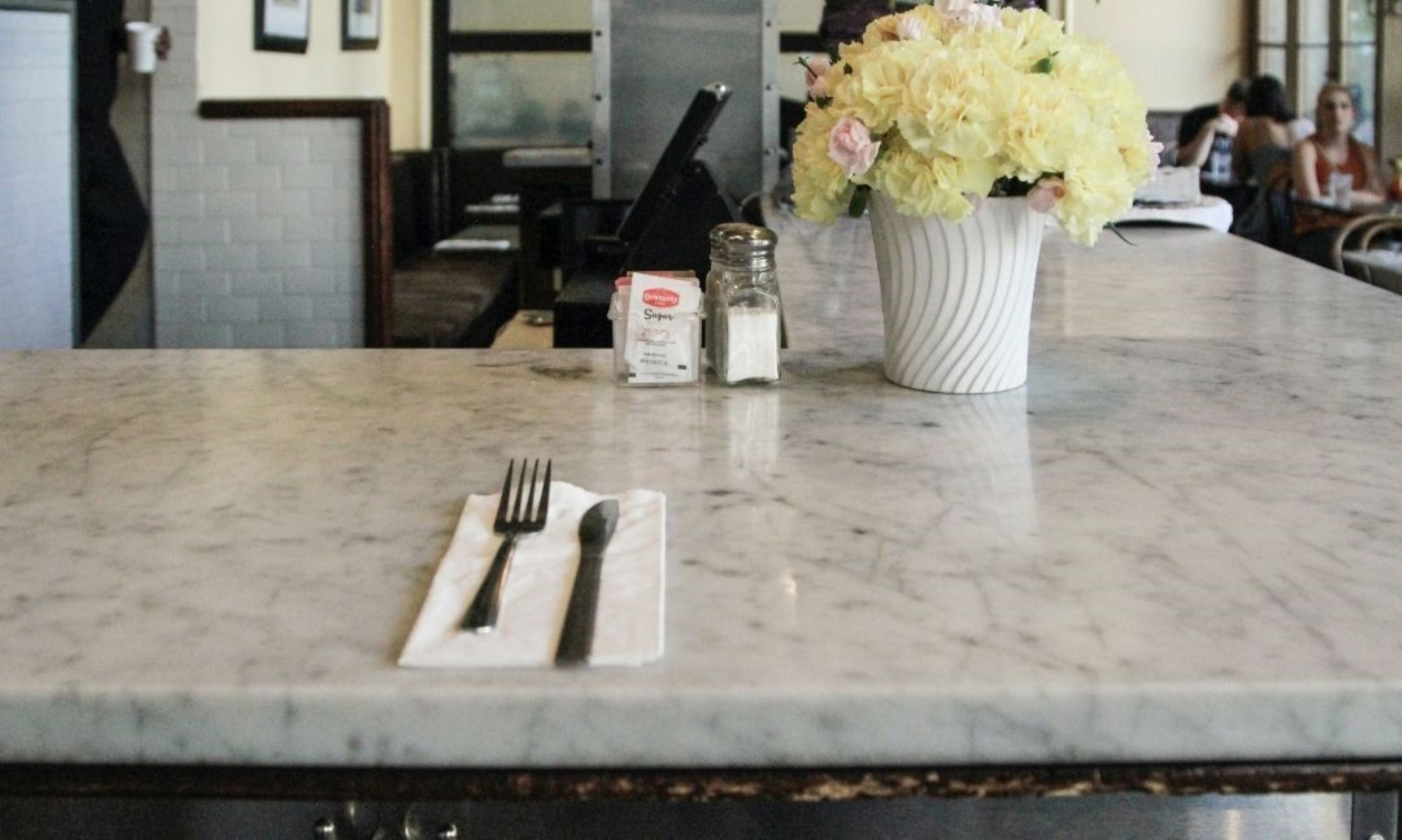

Articles
What Are Natural Stone Countertops
Modified: January 18, 2024
Discover the beauty and durability of natural stone countertops with our informative articles. Learn about their benefits, maintenance tips, and popular stone options.
(Many of the links in this article redirect to a specific reviewed product. Your purchase of these products through affiliate links helps to generate commission for Storables.com, at no extra cost. Learn more)
Introduction
In today’s modern kitchens, countertops are not just functional surfaces, but they serve as a key design element that can elevate the overall aesthetic appeal of the space. When it comes to choosing the perfect countertop, many homeowners are opting for natural stone countertops, which offer a unique blend of beauty and durability.
Natural stone countertops are known for their timeless elegance and versatility. They can add a touch of sophistication and luxury to any kitchen or bathroom. But what exactly is natural stone, and why should you consider it for your countertops?
Natural stone, as the name suggests, is a product of nature. It is formed through millions of years of geological processes, resulting in unique and distinctive patterns and colors. Each slab of natural stone is a work of art, with its own story to tell. This inherent uniqueness is one of the main reasons why natural stone countertops are highly sought after.
There are several types of natural stone that are commonly used for countertops, each with its own set of characteristics and benefits. The most popular types include granite, marble, quartzite, soapstone, and slate. Let’s explore these options in more detail.
Key Takeaways:
- Natural stone countertops offer timeless elegance, durability, and individuality, making them a worthwhile investment for any home. From the classic beauty of marble to the strength of granite, each type of natural stone brings a unique touch to your space.
- With exceptional heat and scratch resistance, natural stone countertops provide a reliable and resilient surface for daily use. Their stunning aesthetics, durability, and long-term value make them a practical and luxurious choice for kitchens and bathrooms.
Read more: How To Clean Natural Stone Countertops
What is Natural Stone?
Natural stone is a geological material that is extracted from the Earth’s crust and used for various purposes, including countertops. It is formed through a long process of heat and pressure acting on minerals over millions of years. This process gives natural stone its unique appearance and durability.
One of the defining characteristics of natural stone is its authenticity. Unlike engineered stone, which is a man-made product, natural stone is inherently organic and has a natural beauty that cannot be replicated. Each stone slab is one-of-a-kind, with its own distinct patterns, colors, and textures.
There are various types of natural stone that are widely used for countertops, each with its own properties and aesthetic appeal. The most common types are granite, marble, quartzite, soapstone, and slate. Let’s explore these types in more detail.
Granite: Granite is a popular choice for countertops due to its durability and natural beauty. It is a hard, igneous rock that is composed of minerals such as quartz, feldspar, and mica. Granite countertops are known for their resistance to scratching and heat, making them suitable for busy kitchens.
Marble: Marble is a metamorphic rock that is formed from limestone. It is renowned for its elegance and timeless appeal. Marble countertops often feature unique veining patterns and a smooth, polished surface. While marble is a softer stone compared to granite, it can still withstand regular use with proper care.
Quartzite: Quartzite is a metamorphic rock that is formed from sandstone. It is an extremely hard and durable natural stone that resembles marble in appearance. Quartzite countertops are highly resistant to heat and scratches, making them a practical choice for busy kitchens.
Soapstone: Soapstone is a metamorphic rock that is composed primarily of talc. It has a smooth, silky texture and is known for its heat resistance. Soapstone countertops develop a beautiful patina over time, adding to their charm.
Slate: Slate is a fine-grained metamorphic rock that is characterized by its natural cleft surface texture. Slate countertops come in a range of dark and earthy tones, and they are resistant to staining, making them ideal for kitchens.
Overall, natural stone countertops offer a unique combination of beauty, durability, and individuality. They are an investment that can enhance the aesthetic appeal and value of your home while providing you with a functional and long-lasting surface for your kitchen or bathroom.
Types of Natural Stone Countertops
Natural stone countertops come in various types, each with its own distinctive characteristics and aesthetic appeal. Understanding the different types can help you choose the perfect countertop material for your kitchen or bathroom. Here are the most popular types of natural stone countertops:
Granite Countertops: Granite is a common choice for countertops due to its durability and wide range of colors and patterns. It is a natural igneous rock composed of minerals such as quartz, feldspar, and mica. The unique mix of minerals gives each slab of granite its own unique appearance. Granite countertops are known for their strength, heat resistance, and scratch resistance.
Marble Countertops: Marble is a classic and luxurious choice for countertops. It is a metamorphic rock formed from limestone that undergoes intense heat and pressure within the Earth’s crust. Marble countertops are renowned for their elegance, with striking veining patterns and a smooth, polished surface. However, marble is a softer stone and can be more prone to staining and scratching compared to other natural stone options.
Quartzite Countertops: Quartzite is a natural stone that is formed from sandstone over millions of years. It is known for its durability, strength, and resemblance to marble. Quartzite countertops offer a beautiful combination of elegance and durability, with stunning veining and a wide range of color options. The high quartz content in quartzite provides excellent resistance to heat and scratches.
Soapstone Countertops: Soapstone is a metamorphic rock composed mainly of talc and other minerals. Soapstone countertops have a smooth, silky feel and develop a natural patina over time. They are heat resistant and provide a unique, rustic look to any space. However, soapstone can be more susceptible to scratches and may require regular maintenance to maintain its appearance.
Slate Countertops: Slate is a fine-grained metamorphic rock with a natural cleft surface texture. Slate countertops are known for their durability, stain resistance, and low water absorption. They come in a range of dark and earthy tones, adding a touch of elegance to any kitchen or bathroom.
Each type of natural stone countertop has its own unique qualities and benefits. Consider factors such as durability, aesthetics, maintenance requirements, and budget when selecting the perfect natural stone for your countertops. It is recommended to consult with a professional countertop supplier or designer who can provide guidance based on your specific needs and preferences.
Granite Countertops
Granite countertops have become increasingly popular in kitchens and bathrooms due to their durability, natural beauty, and wide range of colors and patterns. Granite is an igneous rock formed from magma that solidifies beneath the Earth’s surface. It is composed primarily of quartz, feldspar, and mica, which gives it its distinct characteristics.
One of the key advantages of granite countertops is their strength and durability. Granite is a highly durable material that can withstand daily wear and tear in a busy kitchen. It is resistant to heat, scratches, and stains, making it an ideal choice for cooking and food preparation areas.
Another appealing feature of granite countertops is their unique aesthetic appeal. The natural variations in color and patterns found in granite make each countertop slab one-of-a-kind. Whether you prefer a classic, subdued look or a bold and vibrant statement, there is a granite countertop to suit every style and taste.
Granite countertops come in a wide range of colors, from light neutrals to deep, rich hues. Popular colors include white, gray, black, beige, and brown. There are also exotic options with intricate patterns and vibrant colors, such as blue, green, and even red. The natural beauty of granite adds a touch of elegance and sophistication to any kitchen or bathroom.
In addition to its durability and aesthetics, granite countertops are also relatively easy to maintain. Regular cleaning with mild soap and water is usually sufficient to keep them looking their best. However, it is important to avoid harsh abrasives or acidic cleaners, as these can damage the surface of the granite.
When it comes to pricing, granite countertops can vary significantly depending on the quality, rarity, and thickness of the slab, as well as the complexity of the installation. It is recommended to consult with a professional countertop supplier or designer to determine the best granite option that fits your budget and requirements.
Overall, granite countertops offer a beautiful combination of durability, natural beauty, and versatility. Whether you have a traditional or contemporary kitchen or bathroom, granite countertops can elevate the look and feel of the space while providing a functional and long-lasting surface for all your culinary and daily activities.
Marble Countertops
Marble countertops are a classic and luxurious choice that can enhance the elegance and sophistication of any kitchen or bathroom. Marble is a metamorphic rock that is formed when limestone undergoes immense heat and pressure over millions of years. The result is a stunning natural stone that is known for its distinctive veining patterns and smooth, polished surface.
One of the main attractions of marble countertops is their timeless beauty. The unique veining patterns and color variations found in marble slabs create a sense of luxury and sophistication. Each slab of marble is truly one-of-a-kind, offering a level of individuality and uniqueness that cannot be replicated. Marble countertops are often associated with luxury homes and high-end design aesthetics.
In addition to its aesthetic appeal, marble is also a durable stone, albeit softer compared to granite or quartzite. With proper care and maintenance, marble countertops can last for many years. It is important to note that marble is more susceptible to scratching and staining compared to other natural stone options. Regular sealing can help protect the surface and prevent staining.
Marble countertops are available in a variety of colors, ranging from classic white and creamy beige to sleek black and rich green. The color variations within each slab can add depth and character to any space, creating a focal point that draws the eye. Marble’s ability to reflect light also gives it a luminous quality that can brighten up a room.
When it comes to maintenance, marble countertops do require a bit more care compared to other natural stone options. It is advisable to use cutting boards and trivets to protect the surface from scratches and heat damage. Regular cleaning with a mild, pH-neutral cleanser is recommended, avoiding acidic substances that may etch the surface.
Price-wise, marble is generally considered a higher-end option, reflecting its luxurious and elegant appeal. The cost can vary depending on factors such as the rarity of the marble type, slab thickness, and the complexity of the installation.
Marble countertops can bring a sense of timeless beauty and sophistication to any kitchen or bathroom. If you are willing to invest in regular maintenance and appreciate the natural variations of this stunning stone, marble countertops can be a fantastic choice that adds a touch of luxury to your space.
Quartzite Countertops
Quartzite countertops are gaining popularity in kitchens and bathrooms for their unique blend of beauty and durability. Quartzite is a natural stone that forms from the metamorphism of sandstone. The intense heat and pressure cause the sand grains to recrystallize into a dense and hard material.
One of the main advantages of quartzite countertops is their exceptional strength and durability. Quartzite is known for its resistance to scratches, heat, and staining, making it an excellent choice for high-traffic areas like kitchen countertops. It can easily withstand the demands of daily use, making it a practical and long-lasting option.
Another appealing feature of quartzite countertops is their stunning aesthetic appeal. Quartzite often resembles marble in appearance, with its elegant, veined patterns and a range of colors, including white, gray, beige, and even vibrant hues like blue and green. The natural beauty of quartzite can add a touch of sophistication and luxury to any kitchen or bathroom design.
Unlike marble, quartzite is less porous and more resistant to staining. However, it is still recommended to seal quartzite countertops periodically to provide an additional layer of protection and prevent any potential staining. Regular cleaning with mild soap and water is usually sufficient to keep quartzite looking its best.
In terms of pricing, quartzite countertops are typically in the higher price range. The cost depends on factors such as the rarity of the quartzite, the thickness of the slab, and the intricacy of the installation process. While quartzite may have a higher upfront cost, its durability and timeless beauty make it a worthwhile investment.
It is important to note that quartzite can vary in terms of its density and hardness, depending on the specific type. It is recommended to consult with a professional countertop supplier or designer to ensure you select a quartzite that suits your needs and complements your design vision.
Quartzite countertops offer a winning combination of durability and elegance. With their strength, resistance to heat and scratches, and captivating beauty, quartzite countertops can be a stunning centerpiece in your kitchen or bathroom, elevating the overall aesthetic and value of your space.
Soapstone Countertops
Soapstone countertops are a unique and beautiful option for kitchens and bathrooms. Soapstone is a metamorphic rock primarily composed of talc, which gives it a smooth, luxurious feel. It has been used for centuries and is known for its heat resistance, durability, and natural patina that develops over time.
One of the distinctive features of soapstone countertops is their soft and silky texture. Running your hands across the surface of a soapstone countertop is a tactile pleasure. This unique feel adds a sense of luxury and warmth to any space. Additionally, soapstone countertops can withstand high temperatures without being damaged, making them ideal for busy kitchens.
Another appealing aspect of soapstone countertops is their natural beauty. Soapstone typically comes in shades of gray, ranging from light to dark. Over time, soapstone develops a natural patina that darkens its color and adds character to the surface. This aging process gives soapstone countertops a rustic and timeless charm, perfect for both traditional and contemporary design styles.
One advantage of soapstone countertops is their heat resistance. They can withstand the direct heat of pots and pans without being damaged or discolored. Soapstone is also highly resistant to staining, making it suitable for use in kitchens where spills and accidents are common. However, it should be noted that soapstone is softer compared to other natural stones, and it can scratch more easily. Fortunately, minor scratches can often be remedied by sanding and reapplying mineral oil to the affected area.
In terms of maintenance, soapstone countertops are relatively low maintenance. Regular cleaning with mild soap and water is usually sufficient to keep them looking their best. Periodically applying mineral oil can help enhance the natural beauty of the stone and maintain its smooth texture.
When it comes to pricing, soapstone countertops are typically in the mid-range in terms of cost, making them more affordable compared to certain types of granite or marble. The exact price can vary based on factors such as the thickness of the slab, the complexity of the installation, and the availability of the specific soapstone variety.
Overall, soapstone countertops offer a unique combination of beauty, durability, and warmth. With their heat resistance, natural patina, and soft texture, soapstone countertops can transform your kitchen or bathroom into a cozy and inviting space.
Slate Countertops
Slate countertops are a versatile and stylish option for kitchens and bathrooms. Slate is a fine-grained metamorphic rock that is known for its natural cleft surface texture and rich, earthy colors. With its unique characteristics, slate countertops can add a touch of elegance and sophistication to any space.
One of the main advantages of slate countertops is their durability. Slate is a hard and dense material that is resistant to scratches and stains. It is known for its exceptional strength and longevity, making it an excellent choice for high-traffic areas like kitchen countertops. Slate countertops can withstand the demands of daily use and maintain their beauty for years to come.
Slate countertops come in a range of dark and earthy tones, such as gray, green, black, and even deep purple. The natural color variations within each slab of slate add depth and character to the countertop surface. Additionally, the unique texture and cleft surface of slate create a visually appealing and tactile experience.
Another advantage of slate countertops is their resistance to staining. Slate is a non-porous material, which means it is less likely to absorb liquids and suffer from staining compared to other natural stones. This makes slate countertops a practical choice for households where spills and accidents are common.
In terms of maintenance, slate countertops are relatively easy to care for. Regular cleaning with mild soap and water is usually sufficient to keep them looking their best. It is recommended to avoid using abrasive cleaners or harsh chemicals, as these may damage the surface of the slate. Periodic application of a stone sealer can help enhance the natural beauty and protect the surface of the slate.
When it comes to pricing, slate countertops typically fall in the mid-range to higher-end price range. The cost can vary depending on factors such as the thickness of the slab, the complexity of the installation, and the availability of the specific slate variety.
Slate countertops offer a unique combination of durability, elegance, and low-maintenance. With their natural cleft surface texture, rich colors, and resistance to scratches and stains, slate countertops can create a stunning focal point in your kitchen or bathroom while providing a functional and long-lasting surface for your daily activities.
When cleaning natural stone countertops, avoid using acidic or abrasive cleaners as they can damage the surface. Stick to mild soap and water for regular cleaning.
Benefits of Natural Stone Countertops
Natural stone countertops are a popular choice for homeowners looking to enhance the beauty and functionality of their kitchens and bathrooms. These countertops offer a range of benefits that make them a desirable option for any home. Here are some key advantages of choosing natural stone countertops:
Durability and Longevity: One of the main benefits of natural stone countertops is their durability and longevity. Natural stone, such as granite, quartzite, marble, soapstone, and slate, is known for its strength and ability to withstand daily wear and tear. With proper care and maintenance, natural stone countertops can last for many years, making them a worthwhile investment.
Aesthetics and Variety: Natural stone countertops are highly praised for their aesthetic appeal and variety of options. Each slab of natural stone is a work of art, with its own unique patterns, colors, and textures. Whether you prefer the timeless elegance of marble, the striking patterns of granite, or the rustic charm of soapstone, there is a natural stone that can complement any style and design preference.
Heat and Scratch Resistance: Natural stone countertops are highly resistant to heat and scratches, making them suitable for the demands of a busy kitchen. You can place hot pots and pans directly on the surface without worrying about damage. While natural stone is not completely scratch-proof, it can withstand everyday use and minor wear and tear.
Maintenance and Care: Natural stone countertops are generally easy to maintain and care for. Regular cleaning with mild soap and water is usually sufficient to keep them looking their best. Some types of natural stone may require periodic sealing to enhance their resistance to stains and ensure longevity. It is advisable to follow the manufacturer’s recommendations for maintenance to preserve the beauty and performance of your countertops.
Pricing and Cost Factors: Natural stone countertops can vary in price depending on factors such as the type of stone, quality, rarity, thickness, and the complexity of the installation. While natural stone countertops may have a higher upfront cost compared to other materials, they offer long-term value and can increase the overall resale value of your home.
Whether you choose granite, marble, quartzite, soapstone, or slate, natural stone countertops offer a combination of beauty, durability, and functionality. They can elevate the aesthetic appeal of your space while providing a surface that can withstand the demands of daily use. Natural stone countertops are a timeless and worthwhile investment that can transform your kitchen or bathroom into a stunning and functional space.
Read more: What Stone Is Best For Kitchen Countertops
Durability and Longevity
When it comes to selecting countertops, durability and longevity are key factors to consider. Natural stone countertops excel in both areas, making them an excellent choice for homeowners looking for a long-lasting and resilient option. Here are the reasons why natural stone countertops are known for their durability and longevity:
Strength: Natural stone, such as granite, quartzite, marble, soapstone, and slate, is formed under immense heat and pressure deep within the Earth’s crust. This intense geological process results in a material that is incredibly strong and resilient. Natural stone countertops are capable of withstanding the rigors of everyday use without cracking, chipping, or breaking.
Resistance to Wear and Tear: One of the primary advantages of natural stone countertops is their resistance to wear and tear. They are designed to withstand the demands of daily life, including meal preparation, cooking, and cleaning. Whether you’re using knives, pots and pans, or abrasive cleaners, natural stone countertops can handle it all without showing signs of significant damage.
Heat Resistance: Natural stone countertops have excellent heat resistance properties. They can tolerate high temperatures without being affected, making them a safe surface for placing hot pans, pots, or baking sheets directly on them. This heat resistance attribute eliminates the need for trivets or hot pads, providing added convenience in the kitchen and enhancing the longevity of the countertop.
Impact Resistance: Natural stone countertops are remarkably resistant to impacts. They can withstand accidental impacts and heavy objects being dropped on them without cracking or breaking. This durability ensures that even in the event of an accident, the countertop will maintain its structural integrity, reducing the need for repairs or replacements.
Stain Resistance: While some natural stones are more porous than others, most types used for countertops, such as granite and quartzite, are naturally resistant to staining. Their dense composition and low porosity make it difficult for liquids and stains to penetrate, providing an added level of protection. However, it is still advised to promptly clean up spills to minimize the risk of potential staining.
Longevity: Natural stone countertops are a long-term investment. Unlike other countertop materials that may deteriorate or lose their appeal over time, natural stone countertops age beautifully. With proper care and maintenance, they can last for decades without significant signs of wear or degradation.
It is worth noting that the specific durability and longevity of a natural stone countertop may vary depending on factors such as the type of stone, the quality of the slab, the thickness, and the level of maintenance. Consulting with a reputable countertop supplier or stone professional can help you choose the optimal natural stone and understand the best practices for maintaining its durability and longevity.
Overall, natural stone countertops are renowned for their exceptional durability and longevity. Their ability to withstand everyday use, resistance to heat and impact, and resistance to stains make them an excellent long-term investment for any kitchen or bathroom.
Aesthetics and Variety
When it comes to natural stone countertops, one of the standout features is their unparalleled aesthetics and the wide variety of options available. Natural stone countertops offer a breathtaking range of colors, patterns, and textures, making them a versatile choice to elevate the visual appeal of any space. Here’s why aesthetics and variety are significant advantages of natural stone countertops:
Unique Beauty: Natural stone countertops are truly a work of art. Each slab is inherently unique, as no two pieces of natural stone are exactly the same. The geological processes that form natural stone, such as granite, quartzite, marble, soapstone, and slate, give rise to intricate and mesmerizing patterns that cannot be replicated. From the bold veining of marble to the mottled textures of granite, natural stone countertops bring a touch of elegance and sophistication to any kitchen or bathroom.
Color Range: Natural stone countertops offer an extensive array of colors that can suit any design style or personal preference. Whether you’re looking for classic white or black, earthy tones, or vibrant hues, there is a natural stone option that can complement your desired aesthetic. From the pure white of Carrara marble to the deep blues of Azul Bahia granite, the color selection is virtually limitless, allowing homeowners to find the perfect match for their design vision.
Patterns and Textures: The patterns and textures found in natural stone countertops further enhance their aesthetic appeal. From subtle veining to bold swirls, natural stone offers captivating visual elements that can serve as a focal point in any room. Whether you prefer the organic patterns of soapstone or the dramatic movement of a quartzite slab, these unique characteristics bring depth and character to the countertop surface.
Design Versatility: Natural stone countertops are incredibly versatile, providing options to suit various design styles and themes. They can seamlessly blend in with traditional, contemporary, rustic, or even minimalist designs. Whether you’re aiming for a timeless and elegant look or a bold and dramatic statement, there is a natural stone countertop that can help you achieve your desired aesthetic.
Combining with Other Materials: Natural stone countertops can also be combined with other materials to create artistic and eye-catching designs. Pairing natural stone with materials like wood, glass, or metal can create a beautiful contrast and enhance visual interest. This flexibility allows homeowners and designers to create unique and personalized spaces that reflect their individual style.
With their unique beauty, vast color options, patterns, textures, and design versatility, natural stone countertops can truly elevate the aesthetics of any kitchen or bathroom. Whether you’re seeking a timeless and elegant look or a bold and contemporary statement, natural stone countertops offer a wide range of possibilities to suit your unique style and create a visually stunning space.
Heat and Scratch Resistance
Heat and scratch resistance are important considerations when choosing countertops for your kitchen or bathroom. Natural stone countertops, such as granite, quartzite, marble, soapstone, and slate, are renowned for their exceptional heat and scratch resistance. Here’s why these qualities make natural stone countertops a practical and durable choice:
Heat Resistance: One of the key advantages of natural stone countertops is their ability to withstand high temperatures without being damaged. Natural stone has excellent heat resistance properties, allowing it to endure direct contact with hot pots, pans, and appliances without any adverse effects. This heat resistance not only ensures the longevity of the countertop but also provides added convenience and peace of mind in the kitchen.
Even with their heat resistance, it is still advisable to use trivets or hot pads as an extra precaution when placing heated cookware on the countertop surface. While natural stone can handle high temperatures, sudden and extreme heat changes, such as placing a hot pan directly on a cold surface, may potentially cause thermal shock and result in minor cracks.
Scratch Resistance: Natural stone countertops are highly resistant to scratches, making them an ideal option for busy kitchens. The hardness of different natural stones, such as granite and quartzite, contributes to their scratch resistance. These materials can withstand the regular use of knives, utensils, and other kitchen tools without showing visible scratches.
While natural stone countertops are generally scratch-resistant, it is still essential to practice caution to maintain their appearance. It is recommended to use cutting boards and avoid dragging heavy or sharp objects across the surface to minimize the risk of potential scratches. Additionally, regularly cleaning the surface with non-abrasive cleaners can help preserve the countertop’s integrity.
It’s important to note that while natural stone countertops offer impressive heat and scratch resistance compared to other materials, some stones may be more susceptible to scratching or heat damage than others. For instance, marble is softer than granite or quartzite and can be more susceptible to scratches. Understanding the specific characteristics of the natural stone you choose will help you care for and maintain your countertops effectively.
With their exceptional heat and scratch resistance, natural stone countertops provide durability and longevity in the kitchen or bathroom. They can handle the demands of daily use, providing a reliable and resilient surface that can endure the rigors of cooking, meal preparation, and other activities without compromising their beauty or structural integrity.
Maintenance and Care
Maintenance and care are essential aspects to consider when it comes to natural stone countertops. While natural stone, such as granite, quartzite, marble, soapstone, and slate, is highly durable, it benefits from proper care to ensure its longevity and preserve its natural beauty. Here are some key points to keep in mind when maintaining and caring for your natural stone countertops:
Regular Cleaning: Regular cleaning is crucial to keep your natural stone countertops looking their best. Use a mild, pH-neutral cleanser or a mixture of warm water and mild dish soap to wipe down the surface daily. Avoid using abrasive cleaners, acidic substances, or scouring pads, as they can damage the protective sealant and cause dulling or etching.
Sealing: Sealing plays an important role in protecting natural stone countertops, especially those that are more porous, such as marble and certain types of granite. Sealing helps prevent moisture absorption and staining. Depending on the type of stone and usage, it is generally recommended to seal natural stone countertops every 1 to 3 years. However, consult with your countertop supplier or manufacturer for specific recommendations as different stones may have varying sealing requirements.
Stain Prevention: While natural stone countertops are generally resistant to staining, it is advisable to promptly clean up spills to minimize the risk of potential staining. Certain substances, such as red wine, citrus juices, and acidic liquids, can potentially cause discoloration if left on the surface for a prolonged period. Wipe up spills immediately using a soft cloth or paper towel to prevent the liquid from seeping into the stone.
Avoiding Harsh Chemicals: Harsh chemicals can damage the protective sealant and the surface of the natural stone. Avoid using acidic or abrasive cleaners, as well as products containing bleach or ammonia, as they can degrade the stone and cause discoloration or etching. Stick to mild, pH-neutral cleansers specifically formulated for natural stone surfaces.
Preventing Scratches: While natural stone countertops are resistant to scratches, it is still advisable to use cutting boards or other protective surfaces when using knives or other sharp utensils. Heavy or sharp objects should not be dragged across the stone surface to prevent scratching. Placing trivets or hot pads under hot cookware will also help protect the countertop from potential thermal shock or damage.
Maintaining the Natural Beauty: Natural stone countertops can develop a patina over time, enhancing their natural beauty. To maintain the stone’s luster and shine, apply a stone-specific enhancing polish or mineral oil periodically. This can help bring out the colors and patterns of the stone, preserving its visual appeal.
Regular maintenance and proper care will ensure that your natural stone countertops remain beautiful and functional for years to come. Be attentive to cleaning spills promptly, follow manufacturer’s guidelines for sealing, and avoid harsh chemicals or abrasive tools that could damage the surface. With these simple steps, you can keep your natural stone countertops looking their best and enjoy their longevity and enduring elegance.
Read more: What Is Nature’s Toothbrush
Pricing and Cost Factors
When it comes to choosing countertops, pricing is an important consideration for many homeowners. Natural stone countertops, such as granite, quartzite, marble, soapstone, and slate, can vary in price based on several factors. Understanding these cost factors can help you make an informed decision. Here are some key considerations when it comes to pricing natural stone countertops:
Type of Stone: The type of natural stone selected for the countertops plays a significant role in determining the price. Granite, quartzite, and marble are often in the mid-to-high price range, while soapstone and slate typically fall within the mid-range. Exotic and rare stones may be priced higher due to their scarcity and unique characteristics.
Quality and Rarity: The quality and rarity of the natural stone also impact its cost. Stones with highly desirable color patterns, veining, or unique characteristics are usually priced higher. For example, marble with bold veining or granite with rare colors may have a higher price tag due to their aesthetic appeal and exclusivity.
Thickness of the Slab: The thickness of the natural stone slab can affect the price. Thicker slabs are generally more expensive due to increased material usage and the added weight they carry. Thicker slabs also provide a more substantial and luxurious look, which may be a factor in determining the overall cost.
Complexity of Installation: The complexity of the installation process can impact the overall cost of natural stone countertops. Intricate designs, challenging layouts, or the need for custom cuts and edging can require more time, effort, and expertise from the installers, potentially leading to higher installation costs.
Size and Shape of the Countertops: The size and shape of the countertops can affect the pricing as well. Larger countertops or those with curves and unique shapes may require more material and labor, resulting in higher costs compared to smaller or simpler layouts.
Availability: The availability of the specific type or variety of natural stone can affect its price. Some stones may be more readily available and abundant, making them more affordable, while others may be rare or harder to source, leading to higher price points.
Additional Features: Additional features, such as edge profiles, surface finishes (e.g., polished, honed, or leathered), or integrated sinks, can add to the overall cost of natural stone countertops. These features require additional work and customization, contributing to the final price.
It is essential to keep in mind that the cost of natural stone countertops encompasses both the material and installation expenses. While natural stone countertops may have a higher upfront cost compared to some other materials, they offer long-term durability, beauty, and value. Investing in high-quality natural stone countertops can elevate the look and functionality of your space, while providing a timeless and luxurious aesthetic that can last for many years.
Working with a reputable countertop supplier or contractor can help you navigate the pricing considerations and find the best natural stone option that aligns with your budget and requirements.
Conclusion
Natural stone countertops offer a compelling combination of beauty, durability, and functionality, making them a popular choice for homeowners seeking high-quality surfaces for their kitchens and bathrooms. Whether you opt for granite, quartzite, marble, soapstone, or slate, natural stone countertops bring a touch of elegance and luxury to any space.
The inherent uniqueness of natural stone, with its distinctive patterns, colors, and textures, ensures that no two countertops are alike, providing a personalized and aesthetically pleasing focal point for your home. From the classic elegance of marble to the bold patterns of granite, natural stone offers a wide range of options to suit various design styles and preferences.
Not only are natural stone countertops visually appealing, but they are also highly durable and long-lasting. They can withstand the demands of daily use, from cooking and meal preparation to cleaning and everyday activities. Their heat and scratch resistance properties provide peace of mind in the kitchen, ensuring that your countertops can handle hot pots, pans, and sharp utensils without sustaining damage.
Maintenance and care are essential for preserving the beauty and longevity of natural stone countertops. Regular cleaning, sealing (when necessary), and practicing caution to prevent scratches and stains will ensure that your countertops stay in optimal condition for years to come. It’s important to follow manufacturer recommendations and consult with professionals to ensure proper care for your specific stone type.
When considering the price of natural stone countertops, factors such as the type of stone, quality, rarity, thickness, complexity of installation, and additional features can influence the overall cost. While natural stone countertops may have a higher upfront cost compared to other materials, they offer exceptional value and can be seen as an investment that enhances the aesthetic appeal and resale value of your home.
In conclusion, natural stone countertops are a beautiful, durable, and practical choice for homeowners looking to elevate the aesthetics and functionality of their kitchens and bathrooms. With their timeless appeal, unique characteristics, and long-lasting performance, natural stone countertops serve as a stunning centerpiece that enhances the overall ambiance of your living space while providing a reliable and luxurious surface for all your daily activities.
Frequently Asked Questions about What Are Natural Stone Countertops
Was this page helpful?
At Storables.com, we guarantee accurate and reliable information. Our content, validated by Expert Board Contributors, is crafted following stringent Editorial Policies. We're committed to providing you with well-researched, expert-backed insights for all your informational needs.
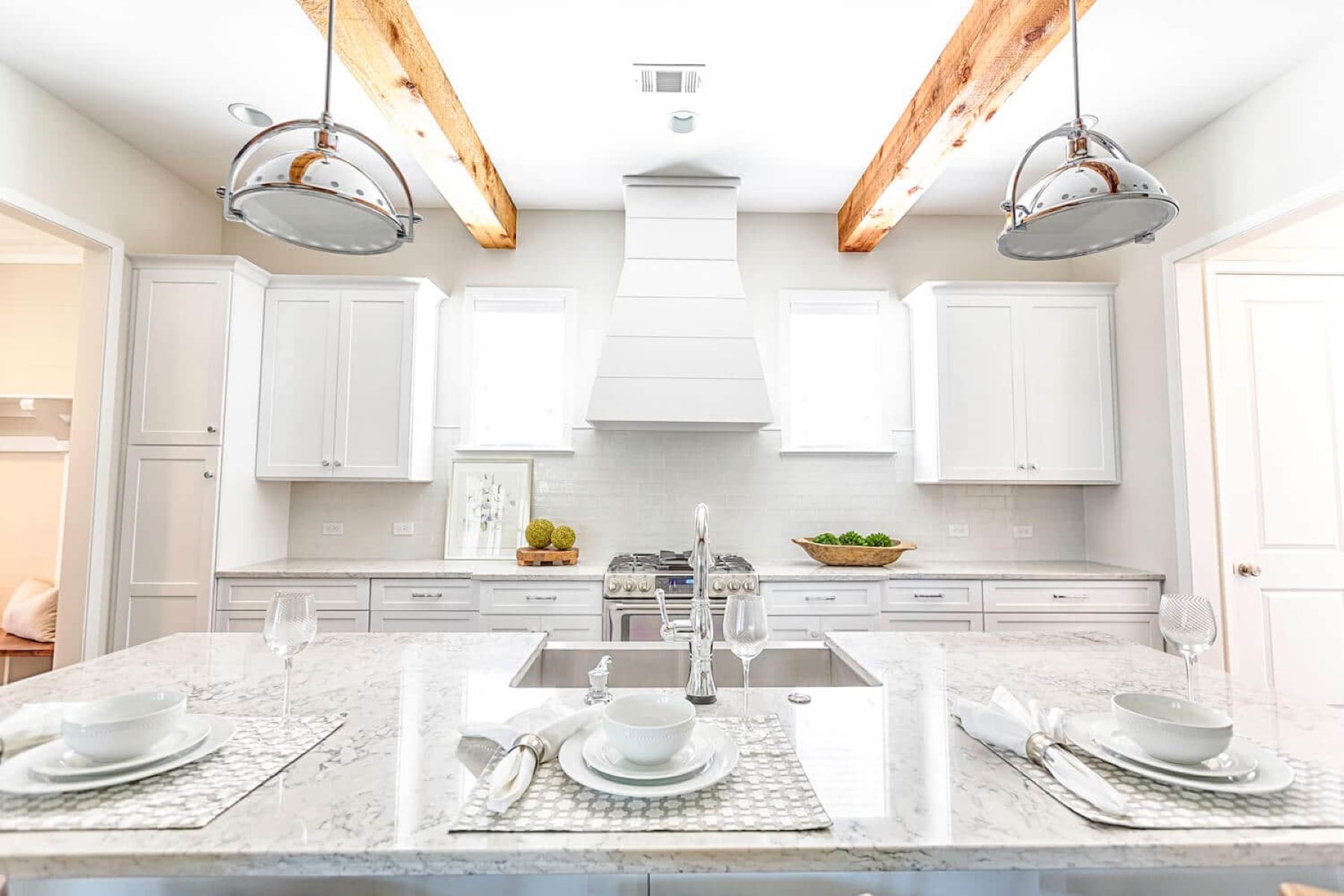
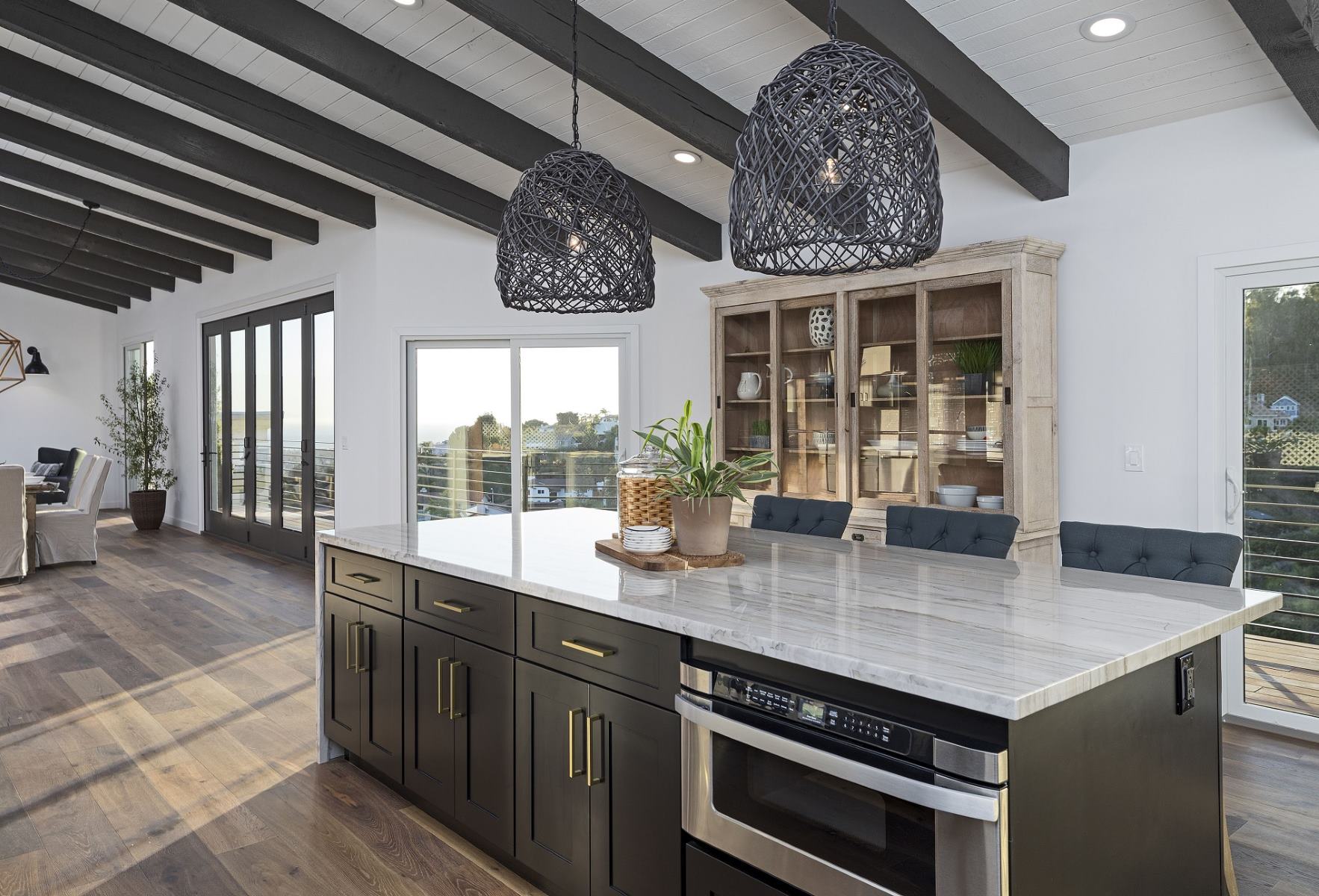
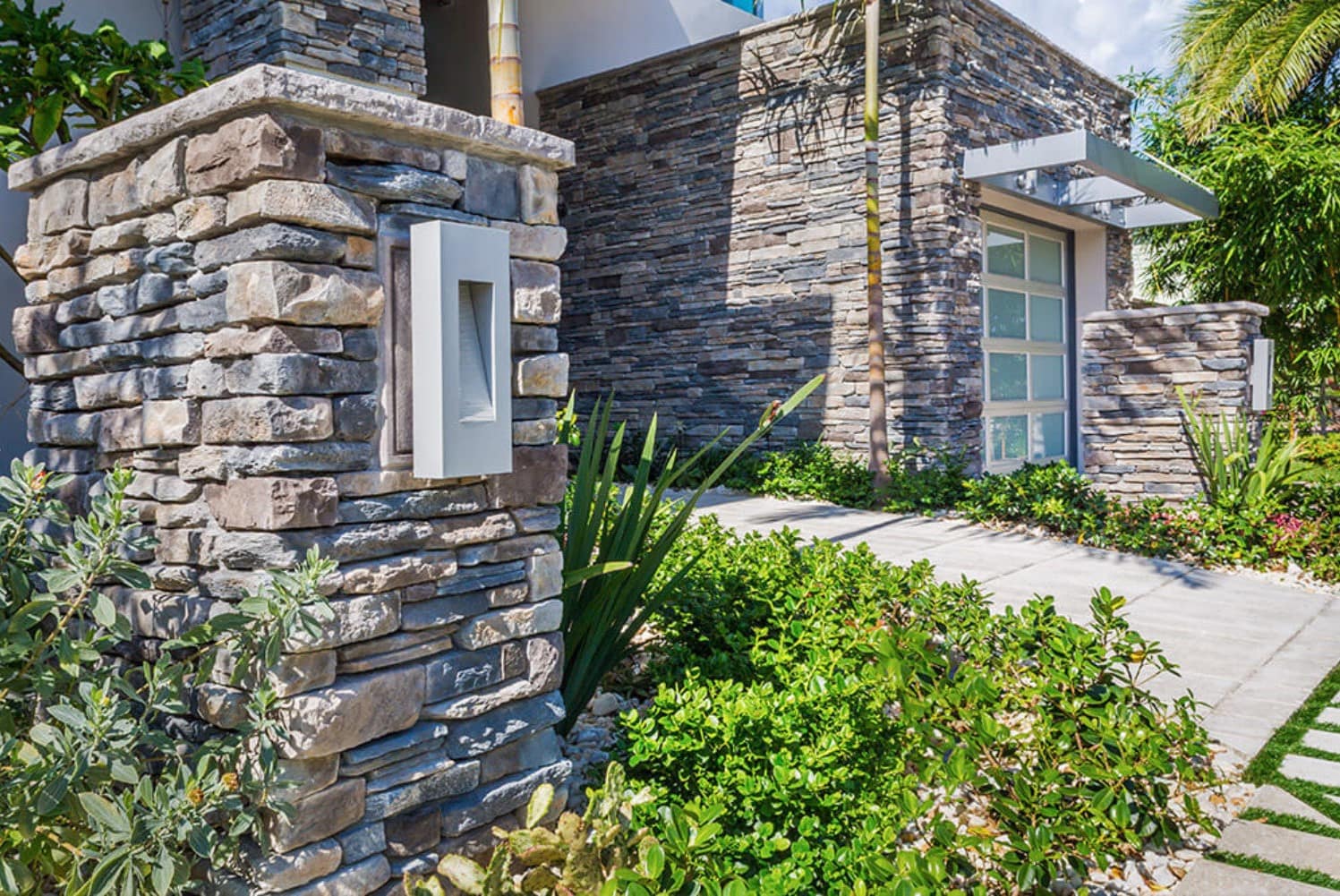
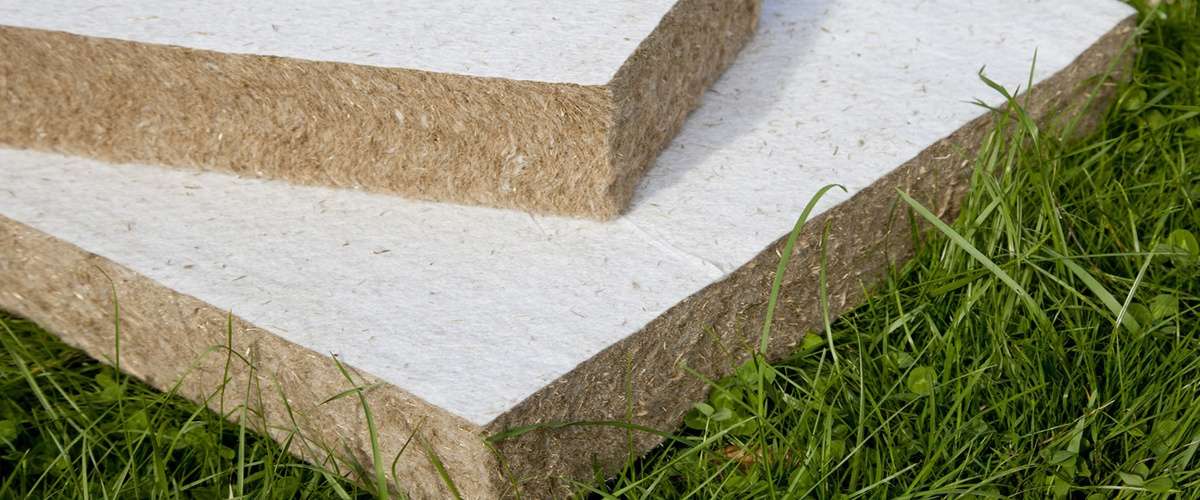
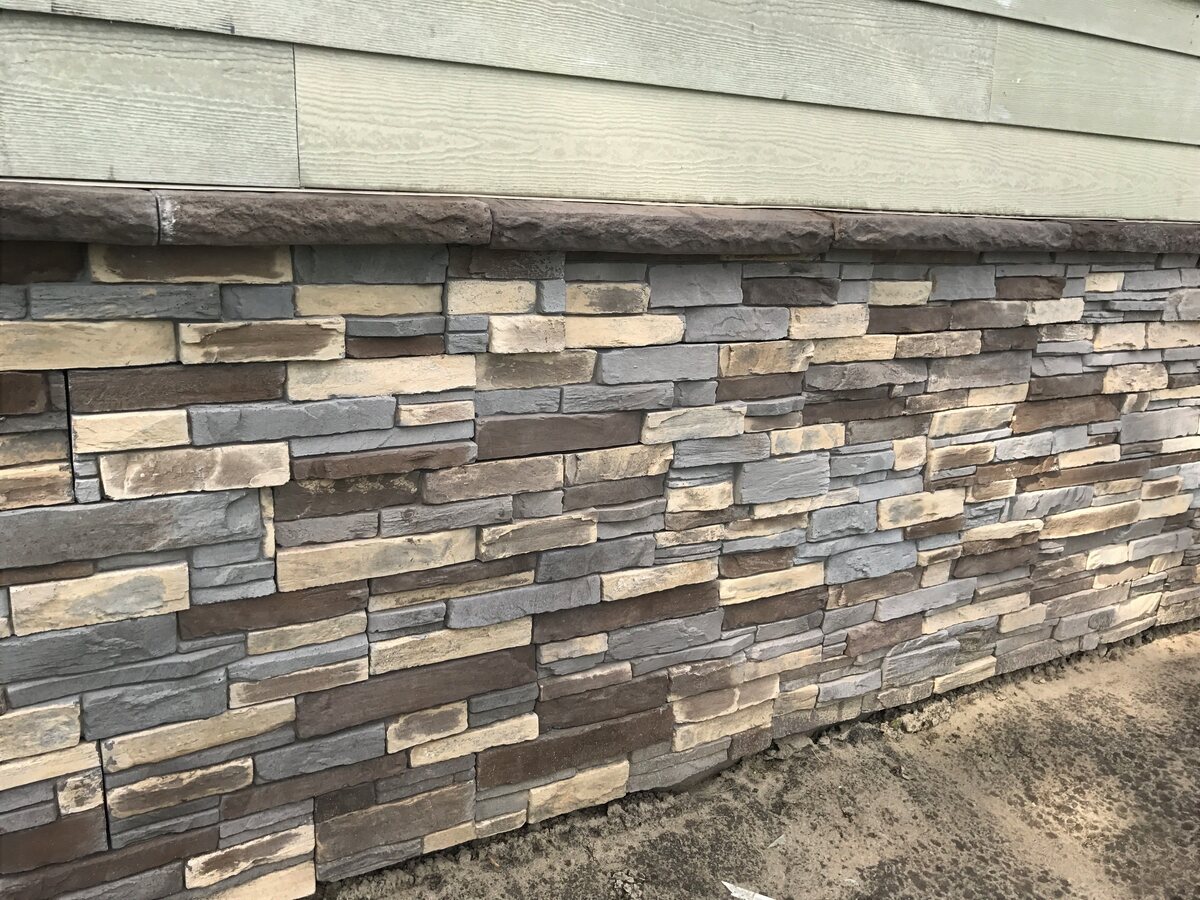
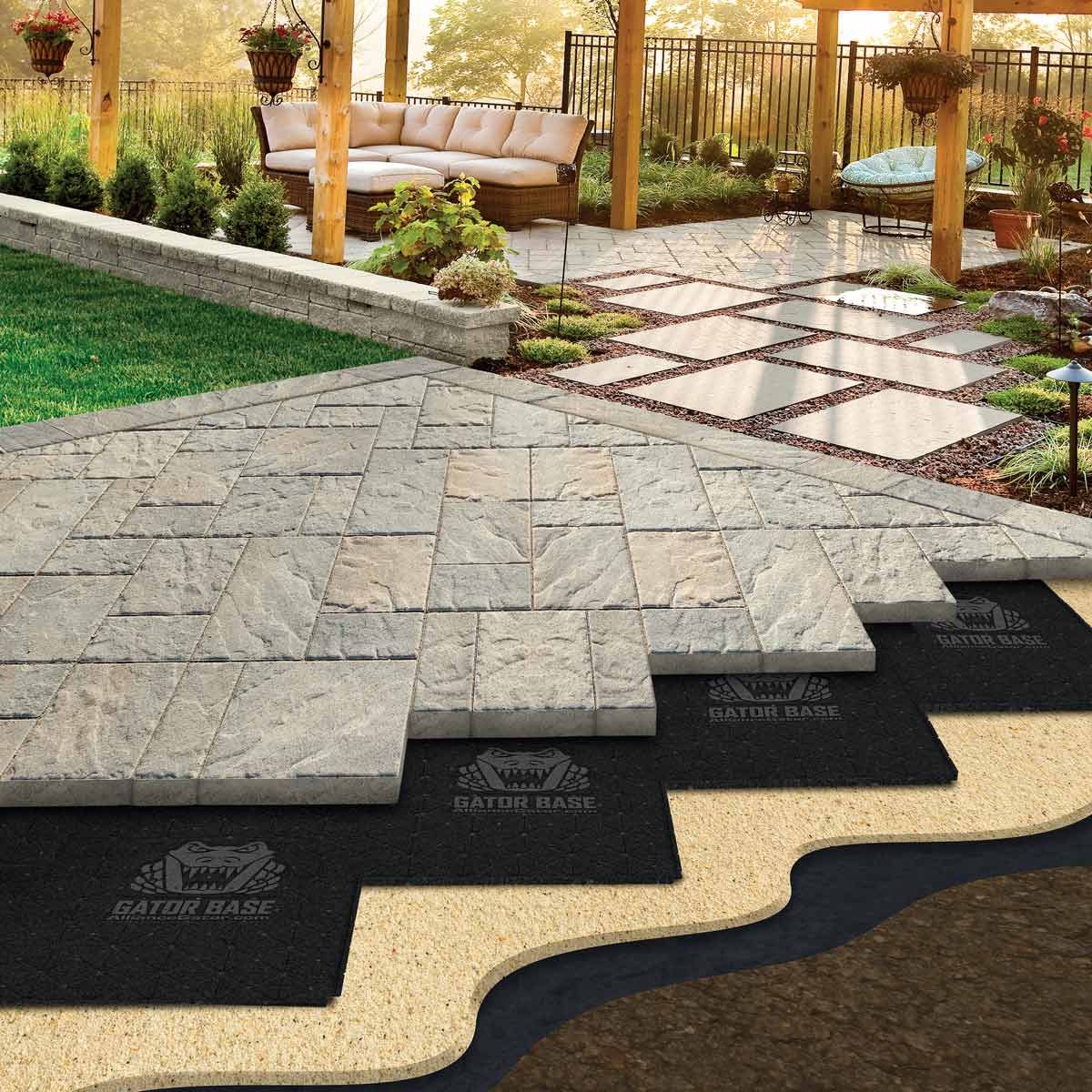
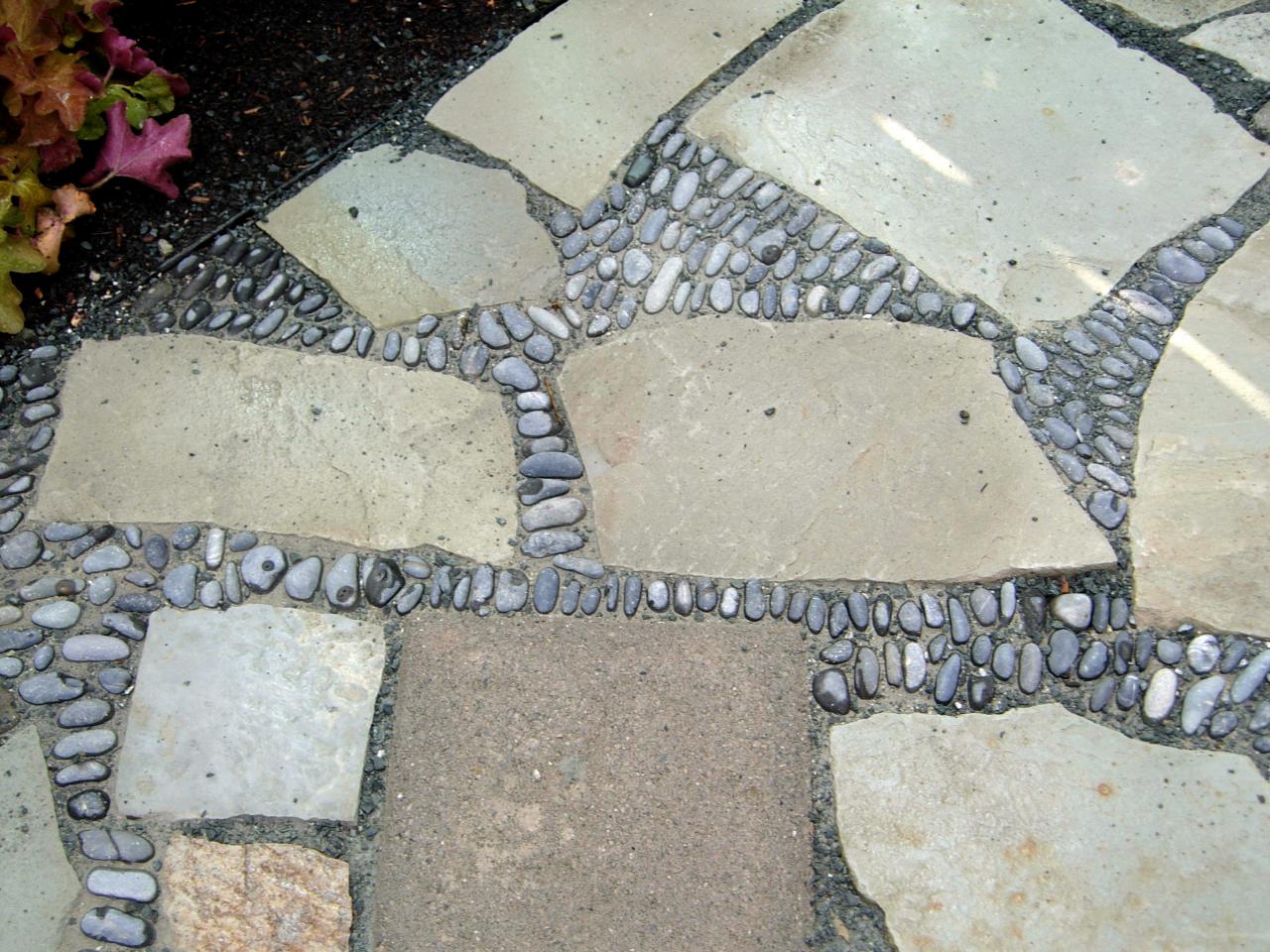
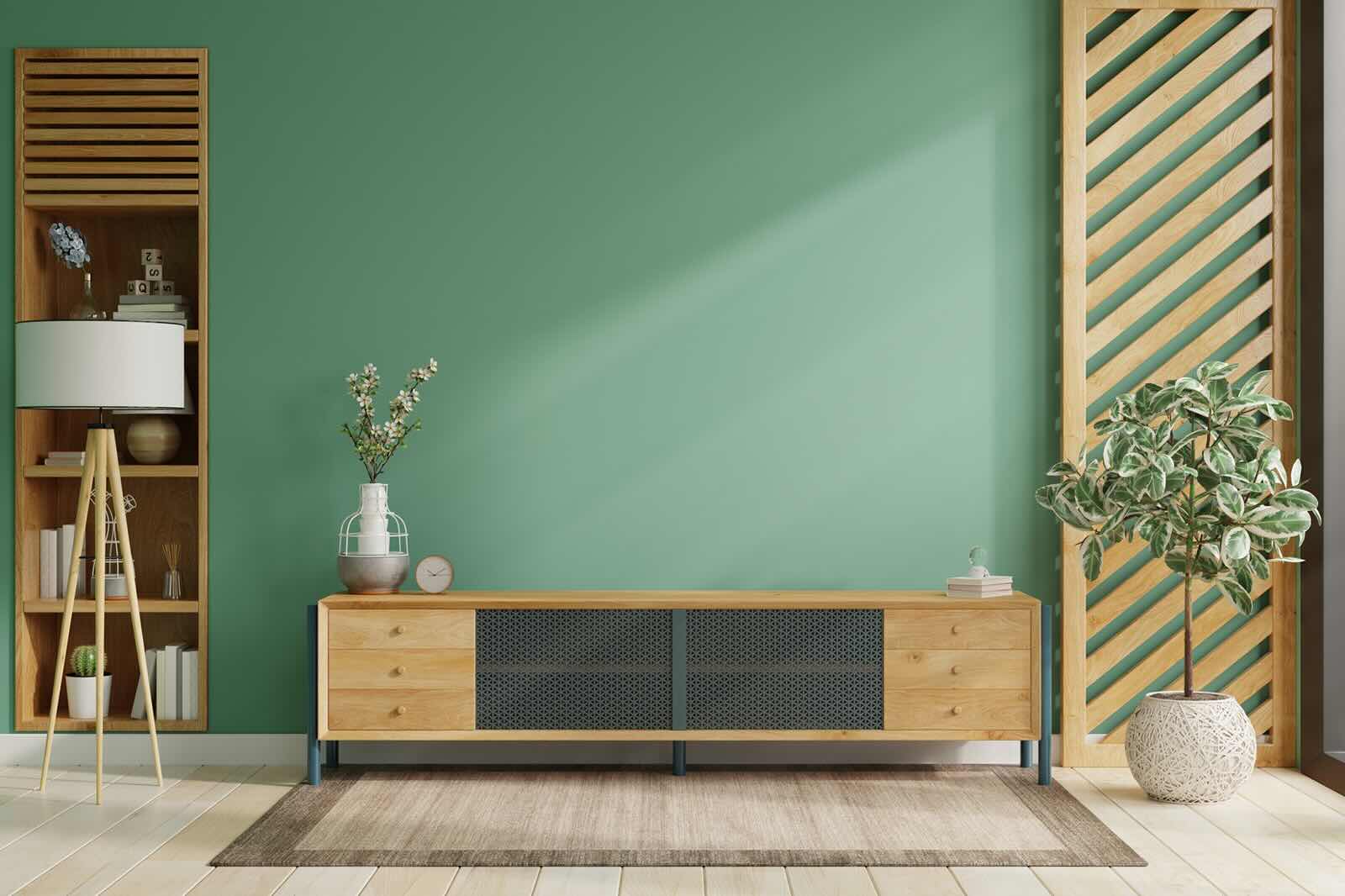
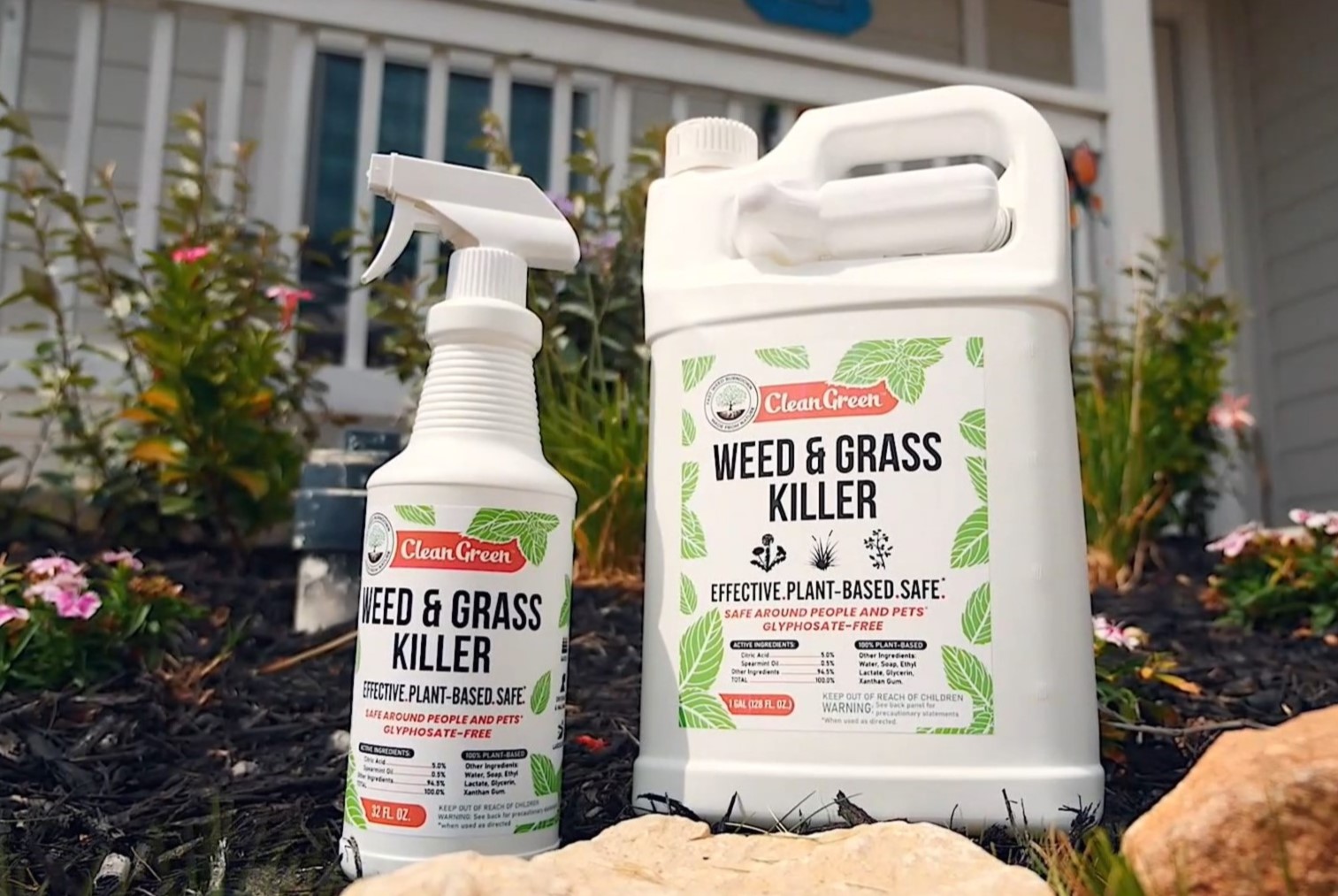


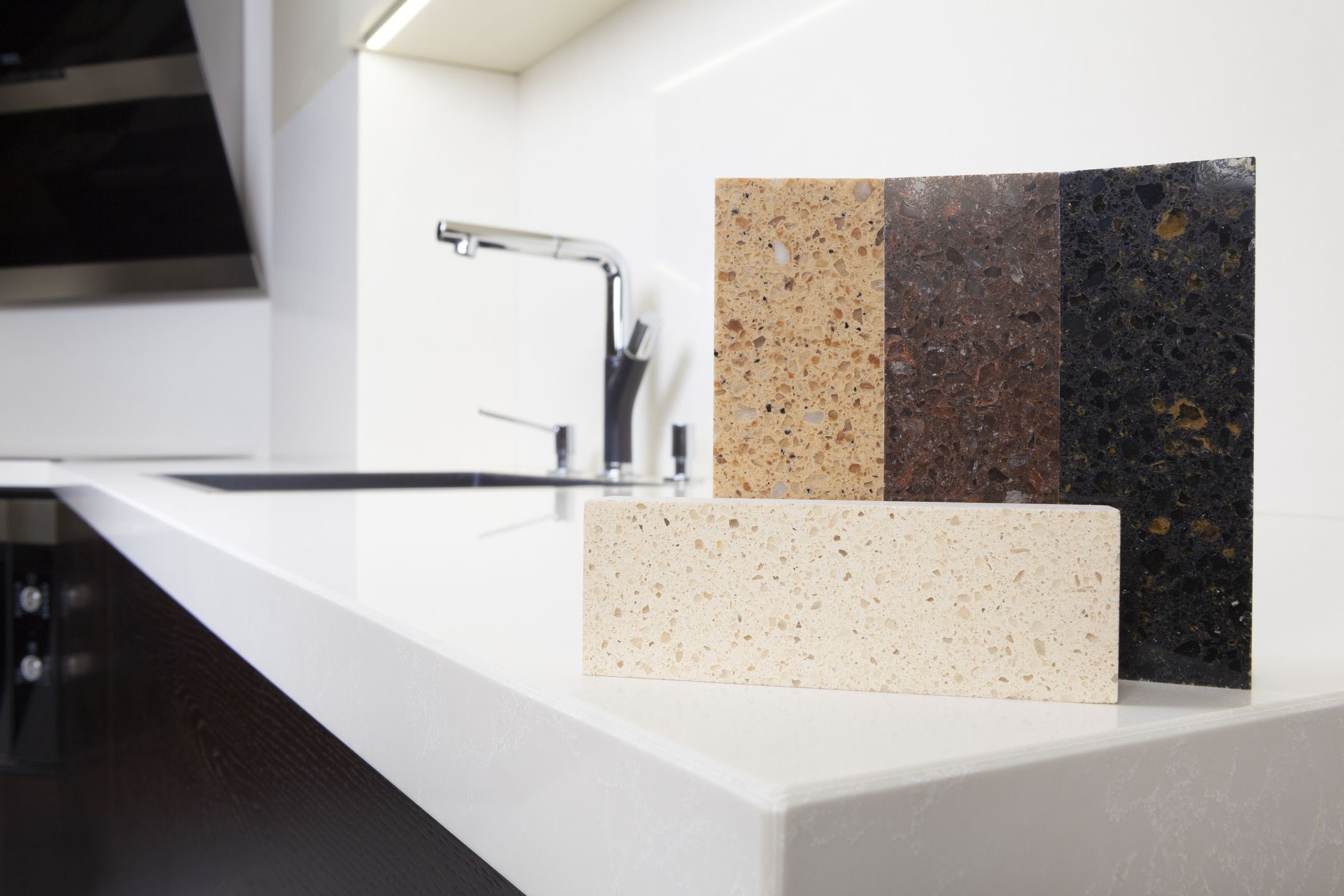

0 thoughts on “What Are Natural Stone Countertops”